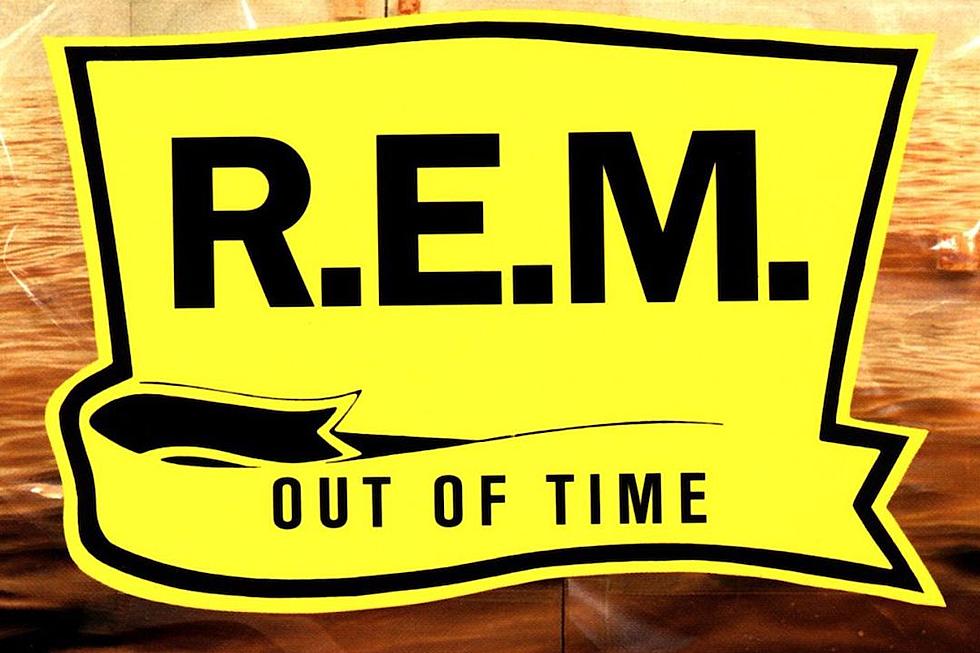
18 Years Ago: Elliott Smith’s ‘Elliott Smith’ Album Released
There’s something very classical -- as in Bach- or Mozart-eseque -- about Elliott Smith’s self-titled second album.
The first two Smith records -- this and ‘Roman Candle,’ which we remembered on July 14th -- sound astoundingly simple to the untrained ear, but in fact, they're amazingly intricate works wrought with multi-chord structures, expertly detuned guitars, layered vocals and tight harmonies.
It’s difficult to listen to ‘Elliott Smith’ without thinking of it as a stark representation of the man himself -- and what a waste his untimely death was. Without a doubt, Smith (the man) is as close to a musical genius as modern indie rock has produced, and it's hardly unreasonable to speak his name in the same breath as Mozart's.
Today, the 'Elliott Smith' album turns 18, and it couldn’t have aged better. It's beautifully bookended, as opener and lone single '‘Needle in the Hay' is one of Smith’s best drumless numbers. The figure churns and chugs like an engine, a sound Smith would go back to time and again (‘St. Ides Heaven,’ the eighth track on the album, being an example). The closer, ‘Biggest Lie,’ is Smith at his heart-wrenching best. The tune showcases his ultra-personal lyrics -- he refers to himself in the song -- and suggests the only difference between wordless classical music and Smith’s compositions is his fragile voice, which simultaneously holds the weight of sags beneath infinite sadness.
The album is also a study in the finer points of overdubbing -- something Smith was a master at. Case and point: the tremolo electric guitar lead on ‘Single File' or electric lead on ‘Coming Up Roses,’ a tune reminiscent of George Harrison.
Smith’s early albums didn’t chart -- he wouldn’t hit Billboard’s ranks until 1998’s ‘XO’ -- but they are must-haves in any modern folkie’s collection. He’s like a latter-day version of Nick Drake -- one that actually rose beyond obscurity and saw success before his tragic death.
More From Diffuser.fm









